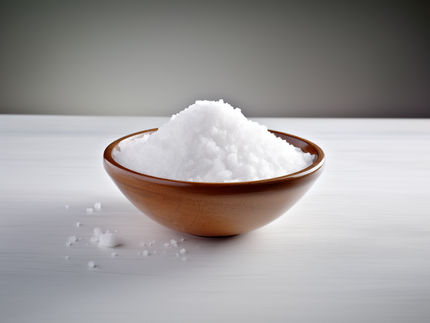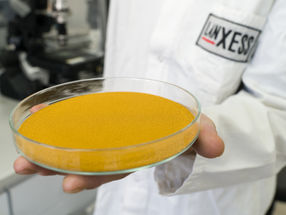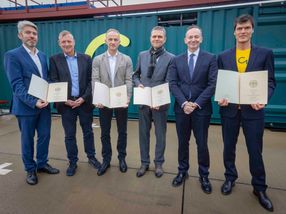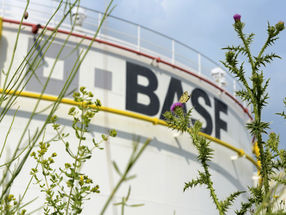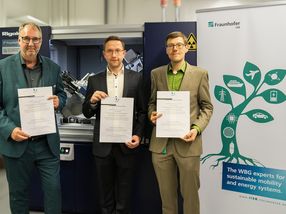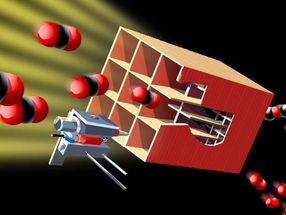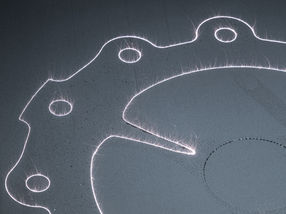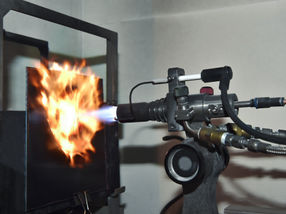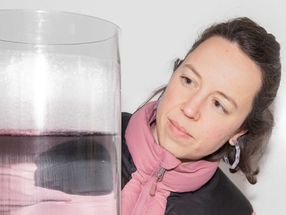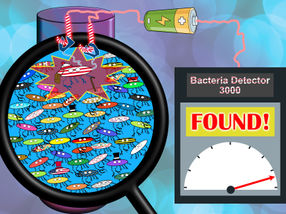Formic acid to fight slippery road conditions
salts of formic acid, which are known as formates, are now being used successfully in the Nordic countries, Switzerland and Austria to remove slippery ice from roads, sidewalks and bikeways. Compared to conventional gritting materials, these liquid de-icing agents act more efficiently and in a more environmentally acceptable manner. They are particularly suitable for removing thin coats of ice and can also be used as a preventive measure when weather forecasts predict snowfall and icy conditions. Moreover, they support swift and continuous de-icing and allow ice and snow to be easily removed by mechanical means.
As road salt based on sodium chloride is corrosive and non-biodegradable, it may harm plants. Grit and sand are controversial because their effect is limited, and they may even add to respirable dust loads as they are spread and recovered. In contrast, the salts of formic acid are environmentally acceptable and totally biodegradable, eliminating the effort and cost of waste disposal. As they are so easy on the environment, spreading them on tree-lined roads or close to surface waters poses no problem. In addition, these de-icing agents are less corrosive, yet highly effective even when used very sparingly.
A number of municipal authorities in the Nordic countries, Switzerland and Austria are already using formates successfully to clear roads in the winter. Enterprises and private consumers who care a lot about the environment and are technically minded as well rely increasingly on the de-icing agent. German local authorities, too, have started to show some interest this winter.
“We helped our customers to develop new uses for formates based on their years of experience in de-icing airport runways,” explained Sibylle Gruner, Formic Acid Marketing, BASF Intermediates division. BASF has been supplying this product to customers who specialize in the production of highly efficient de-icing agents for airport runways since the early nineteen-nineties.
Most read news
Other news from the department research and development

Get the chemical industry in your inbox
From now on, don't miss a thing: Our newsletter for the chemical industry, analytics, lab technology and process engineering brings you up to date every Tuesday and Thursday. The latest industry news, product highlights and innovations - compact and easy to understand in your inbox. Researched by us so you don't have to.
